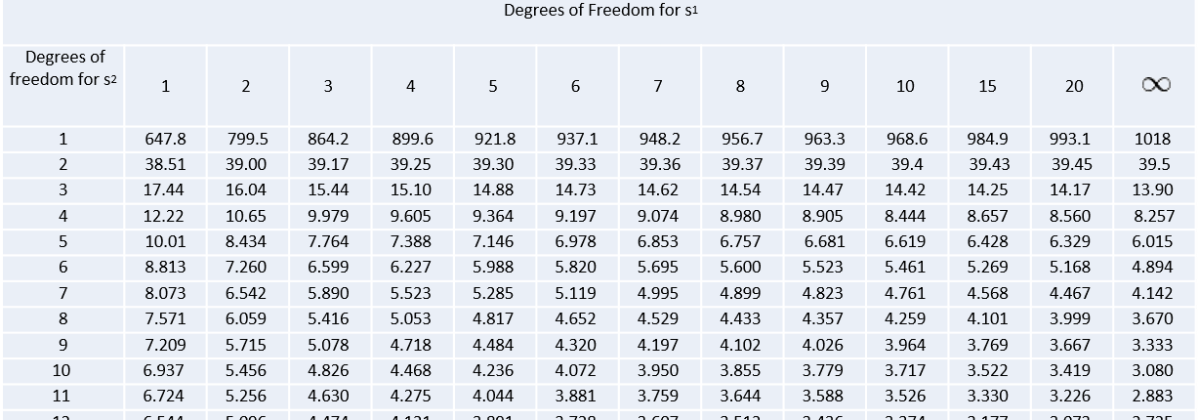Even the most worship-minded Christians who are actively working to be intellectually fully engaged have an uphill battle to properly use our minds. Why? Even though God created us with a mind and intellectually perfect according to His creation, these were negatively affected by the fall. That’s right. Even our ability to think has been impacted when Adam sinned. Our intellect and our minds are all changed by the effects of sin. Before we can hope to think in a way that has a positive impact on ourselves and on our culture, we must be able to acknowledge the noetic effects of the fall. If we refuse to recognize the mountain before us, we have no hope of climbing. If we choose to ignore the effect of sin entering the cosmos on our mental ability and intellect, we are hopelessly lost with no means of relief.
What’s the point? What does this have to do with young-earth creation and the literal and historical events of Genesis? Before we can recognize the impact of the consequences on what we believe about Genesis and the creation, we must first account for the very effect the events described in Genesis have on our ability to think about those events. If you think on that for any length of time, it may make your head hurt.
So. Before we can see the consequences of a wrong view of creation, we must account for and understand the barriers to thinking about thinking. The first barrier is perhaps the greatest. All the other effects flow from this one effect. And, all we need to do is return to the Apostle Paul and his letter to the Church at Rome.
For the wrath of God is revealed from heaven against all ungodliness and unrighteousness of men, who by their unrighteousness suppress the truth. For what can be known about God is plain to them, because God has shown it to them. For his invisible attributes, namely, his eternal power and divine nature, have been clearly perceived, ever since the creation of the world, in the things that have been made. So they are without excuse. For although they knew God, they did not honor him as God or give thanks to him, but they became futile in their thinking, and their foolish hearts were darkened. Claiming to be wise, they became fools, and exchanged the glory of the immortal God for images resembling mortal man and birds and animals and creeping things.[1]
The principal noetic effect of the fall is that humans in community and humans individually are actively suppressing the truth God has revealed. The English Standard Version uses the word “suppress” for the Greek word κατέχω (kat-ekh’-o), which means to hold down, restrain, hinder. Adam Clarke[2], in commenting on this passaged, suggests this “should be translated, ‘who through maliciousness hinder the truth.’” This is a very good understanding of the challenge we face in ourselves when we work under the burden of knowledge. It is also important when we are laboring in the fields of the Gospel with those who have not been regenerated by the Holy Spirit. These are actively suppressing the truth. John MacArthur notes,
“Sinful men oppose the idea of a holy God because they innately realize that such a God would hold them accountable for the sins they love and do not want to relinquish.”[3]
Even the regenerated person still struggles with the sin nature that is being redeemed by the work of the Holy Spirit. Christians who have worked long at submitting their minds to the changing truth of God’s Word effectively applied by the Holy Spirit will still need to watch, repent, and change their thinking that may be suppressing God’s truth. Only by having a mind to be on guard can we begin hoping to not be forever unable to come to the truth.
Our sinful nature works against the revelation of God. Against knowing the truth God has given. Until we can acknowledge this, we have no hope of working in the opposite direction. No hope of moving from rebellion to the truth to acceptance of the truth.
We’ve made an important first step. By realizing the in-grained active push against God’s revealed truth, we can begin to account for the effects of that rebellion, and repent. Actually, remain repentant. Be constantly repenting, as in “turning away” from the active suppression of truth, and turn to accepting and realizing the treasure God has given in truth. That is the first step.
[1] Romans 1:18-23
[2] Adam Clarke was a British Methodist Theologian (1760-1832). As with any other reference, this incorporation of a helpful point should not be taken as full endorsement or acceptance of all of his theology.
[3] John MacArthur, The MacArthur New Testament Commentary, Romans 1-8, Moody Press, Chicago, 1991, p. 68.
The featured image is a portion of Rodin’s “The Burghers of Calais”. Rodin’s “The Thinker” is one of the most well-known art works. It is an interesting study in the annuals of art representing historical events. The controversy surrounding its creation and purpose, as well as history it portrays, is a fascinating view into a clash of thinking.




